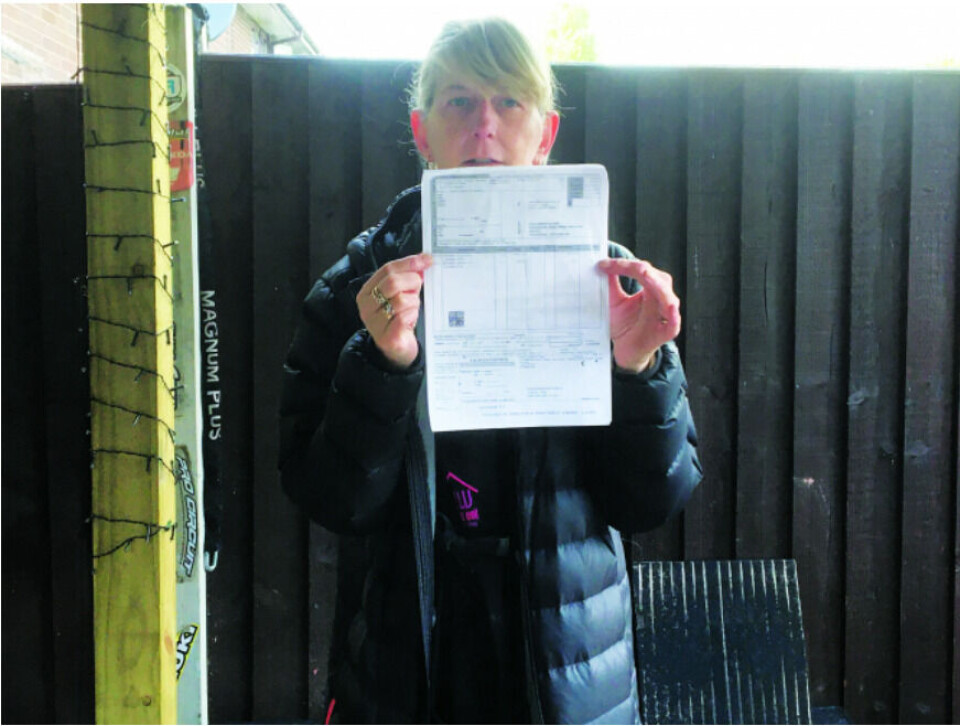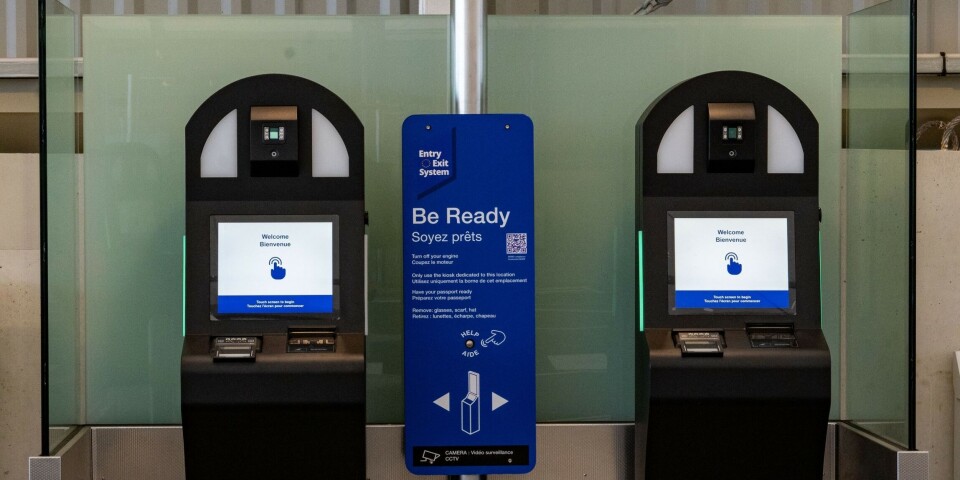-
Row over French carsharing app that lets smokers buy cheap cigarettes in six EU countries
Products such as tobacco and alcohol are less expensive in neighbouring countries
-
French pharmacies attract American visitors with their lower prices
Pharmacists say some tourists are buying medication in France - both prescription and over-the-counter - to save money
-
French authorities pause EES questions for travellers in UK
Questions, especially at kiosks, were feared to cause confusion; change affects ferries, Eurostar and Eurotunnel
Appeal over care bill for estranged father in France: ruling awaited
A woman in the UK is fighting to overturn a court decision that she and her sister pay €100,000 care home fees for their father. She has not seen since she was two

A British woman living in the UK is waiting to hear the result of her appeal against a court order issued to her and her sister, ordering them to pay €100,000 in care home fees for their father. They have had no contact with the father for over 50 years.
Under French law adult children can be financially responsible for their parents should they be in need.
Samantha Dyke, 53, who is a working mother from Crewe in Cheshire, has never lived in France and does not speak French.
Her father has not been involved in her life since she was two years old, and all she knows about him is that he moved to France with his second wife.
Read more:‘€100,000 care home bill for father in France I do not know’
He now has dementia and is living in Haute-Vienne.
Ms Dyke says she was “bombarded” with bills for his care costs over a year, but “he’s a stranger to me: I don’t know him as my dad. He’s never provided a thing for me or my sister.”
She does not know how the care home found her details.
“I was taken to court by the care home in my absence [at hearings in March and May 2021]” and was served with a ruling “demanding we both pay about €50,000.”
“I did send a letter to court and others explaining [in English] that I did not really know this man but they took no notice.”
She said they had also been told to pay around €600/month each towards their father’s fees for the rest of his life.
“I’ve worked hard all my life to buy a house and I’m now worried that they’re going to come and take it,” she previously told The Connexion.
Ms Dyke’s appeal had an initial hearing at a Limoges court this month, after she had all the documents relating to the case translated from English into French.
“The judge accepted that on February 9 and I’m just waiting to find out what the next steps are because communication with my lawyer is a bit of a struggle,” she told The Connexion.
“From what I can understand the next thing is to get the original court order dismissed” under an exemption to the French law which dictates that Ms Dyke must pay the fees.
“That will need another court hearing but the judge has accepted that there is an appeal to be heard and the good thing is that I have a lawyer who is local to Limoges.
“I’m still really stressed about it because it’s a real struggle to get all the information. It’s just been a nightmare from start to finish.
“But I feel now that I’m getting somewhere, even though progress is slow.”
Why were the fees charged to Ms Dyke and her sister?
These demands for payment relate to France’s obligation alimentaire laws, under which adult children are responsible for helping their parents and grandparents if they are in need, just as parents should look after their dependent children.
Article 205 of the Code Civil says: “Children owe sustenance to their father and mother, or to other forebears who are in need.” This means that a daughter should help her father to pay bills such as medical costs and care home fees.
If these funds are not provided voluntarily then care homes may seek to require a child to pay. If they do not do so, a family affairs judge will be asked to rule on the issue, taking into account the extent of the parent’s need and the ability of the child to provide the funds.
However, French law states that a judge can exempt a child from providing all or part of the funds if their parent has seriously neglected their own obligations towards them, for example by abandoning them.
Retired British solicitor and honorary avocat Gérard Barron has previously told The Connexion that the obligation alimentaire does leave children in the UK liable, though it is uncertain if English courts would enforce the French judgement, especially since Brexit stopped reciprocal recognition of judgements.
If Ms Dyke’s appeal were to be unsuccessful, he said, the home would have to apply to the English courts for enforcement, in which case Ms Dyke could mount a defence again in the English courts, relying on “common and equity law arguments as to the fairness of the judgement”.
Related articles
How do retirement homes work in France?
Why you could be liable for in-laws’ upkeep if they live in France
























